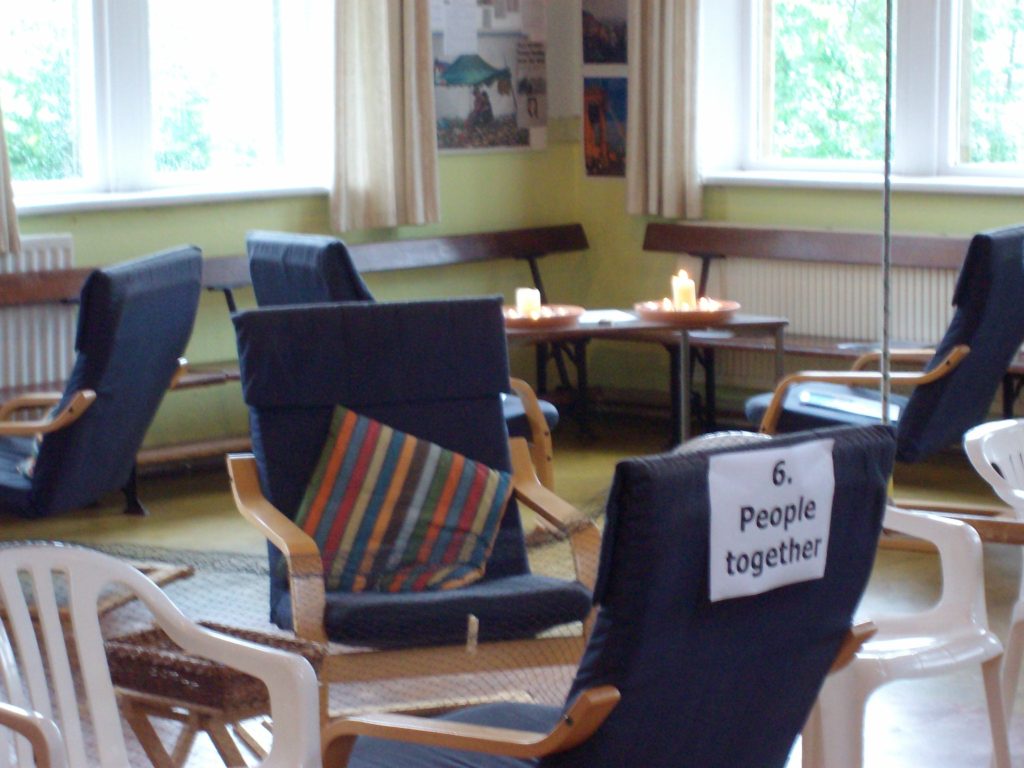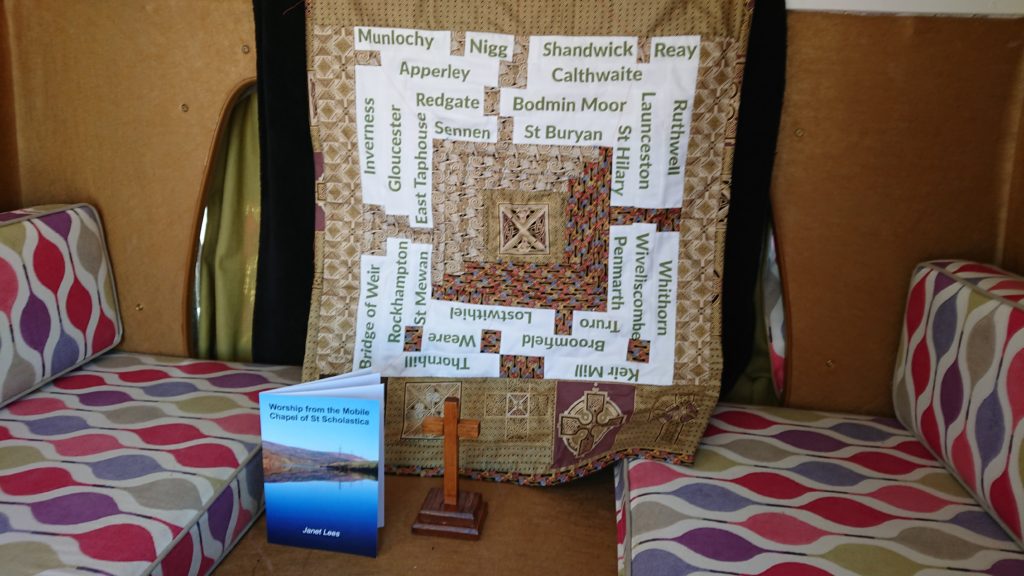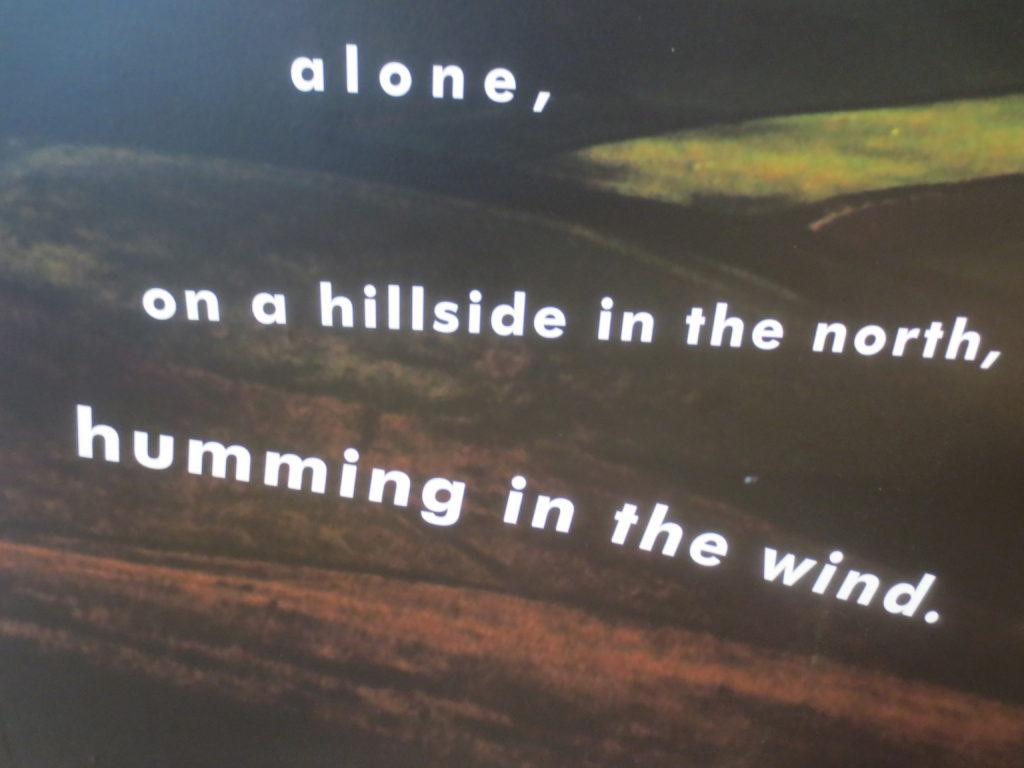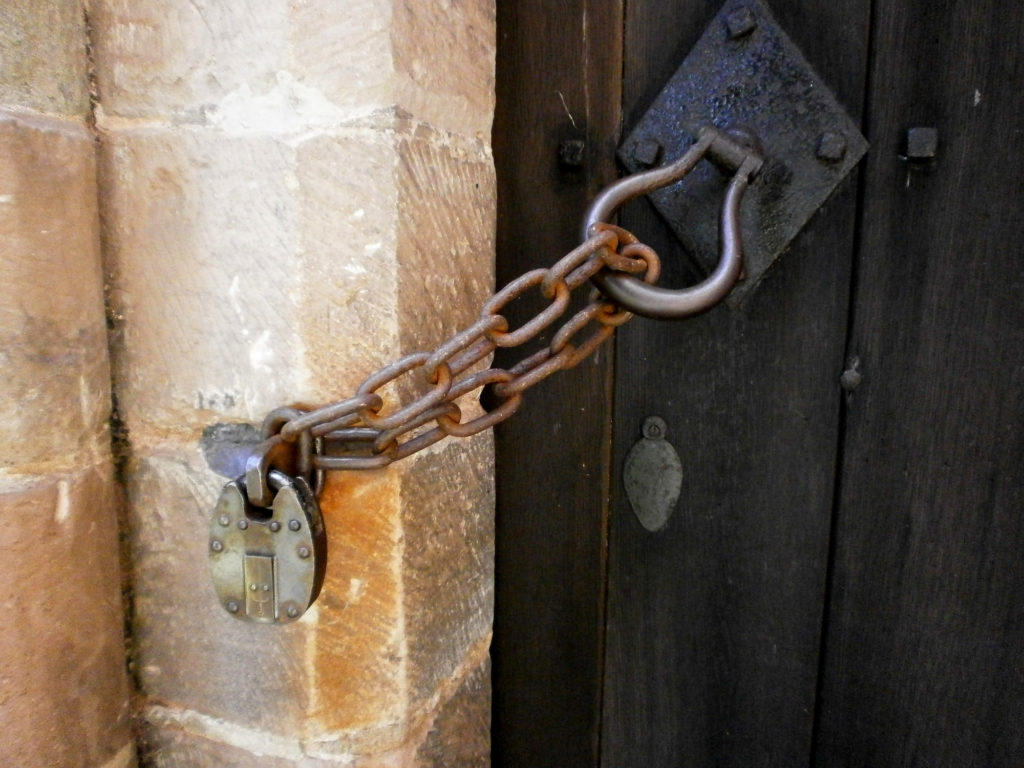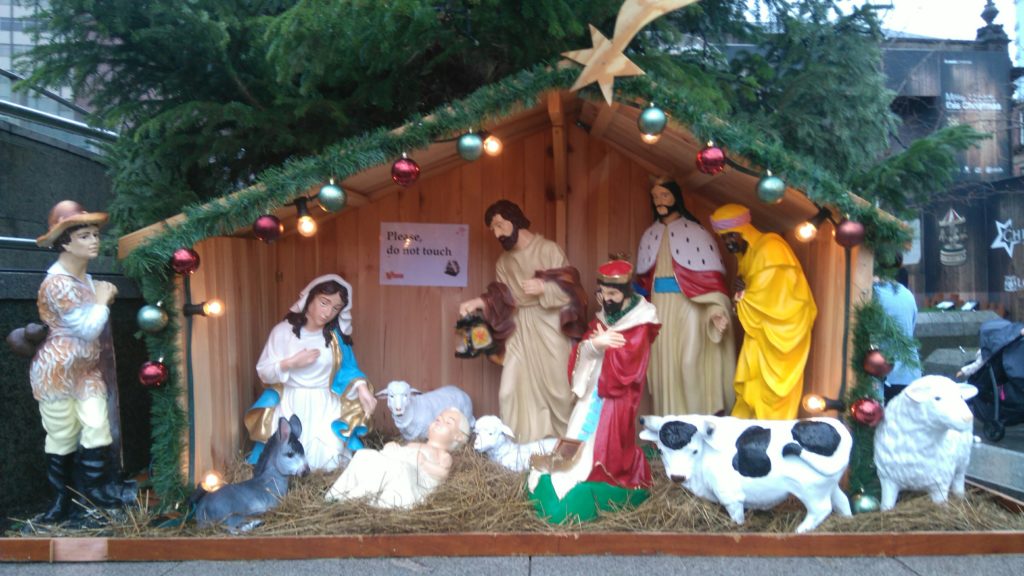Dear Benedict,
Chapter 39 of your rule, like many sections is both comforting and correcting. In this chapter about food you begin by making it clear that good healthy food should be available everyday for everyone in shared meals, but you go onto say ‘Overindulgence is inconsistent with the Christian life’.
21st century Christmas in UK is our feast of overindulgence. There are endless advertisements for all the good things you can have in abundance. There is continued emphasis on how special food fits a special time of year and how much of it we should all crave. Of course it’s quite likely that from our prehistoric ancestors onwards this midwinter time has always been used as time to get together and eat as much as possible.
At the same time there is real food poverty in the UK right now. These extremes are signs of our dysfunctional communal life and we find it a real struggle to set the balance right. Whilst we give out awards to those who try to feed the poor, we still seem not to want to ask why the poor have no food.
Our personal attempts to contribute to a better shared food pattern include buying local products from local people and buying Fair Trade products where possible. It’s only a small thing but if the pattern were more widespread it can make a difference, as the network of Fair Trade Towns bears witness. It began in Garstang, in Lancashire, a place I walked past on the Lancaster Canal on my End to End, and has spread across the whole country. We even past through the Fair Trade zone of North Ayrshire.
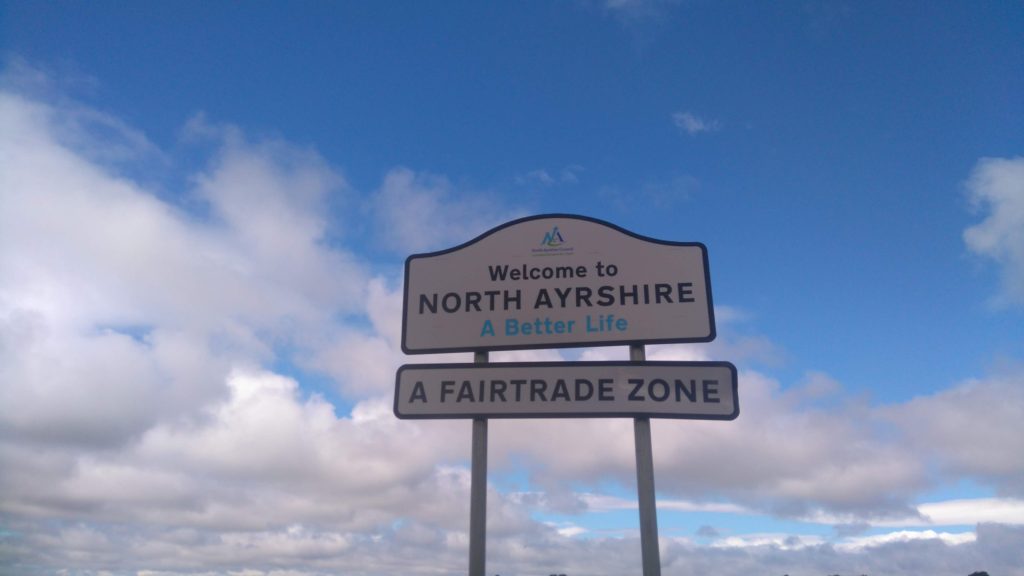
About now is the time for resolutions for the year ahead. How about a food related resolution?
From the remembered gospel: ‘Don’t worry about what you need to eat’ and ‘Give us this day our daily bread’. Are these two rememberings in conflict? How do you think they relate to chapter 39 of the Rule?
May all be fairly fed.
From a Friend of Scholastica and a Member of the Lay Community of St Benedict.

